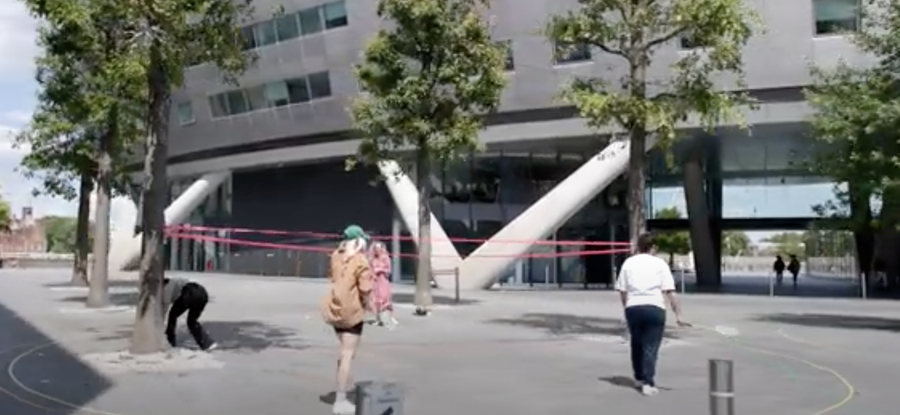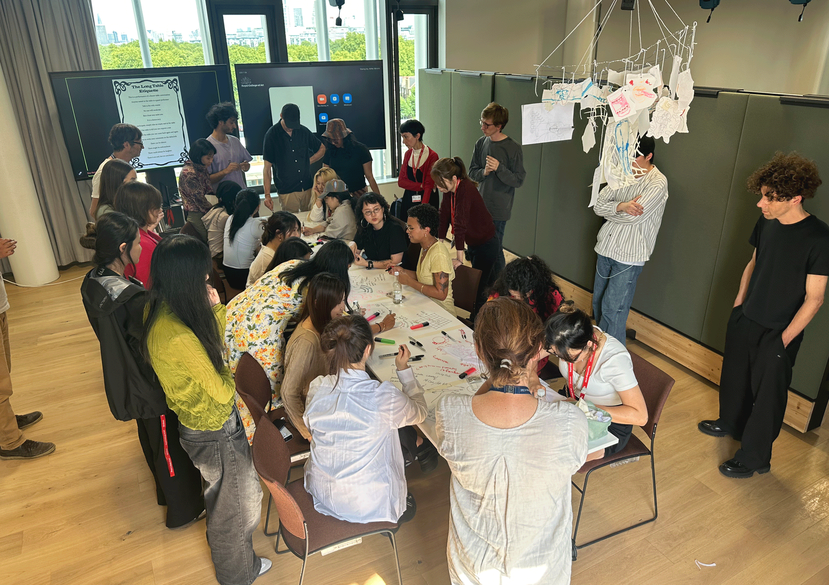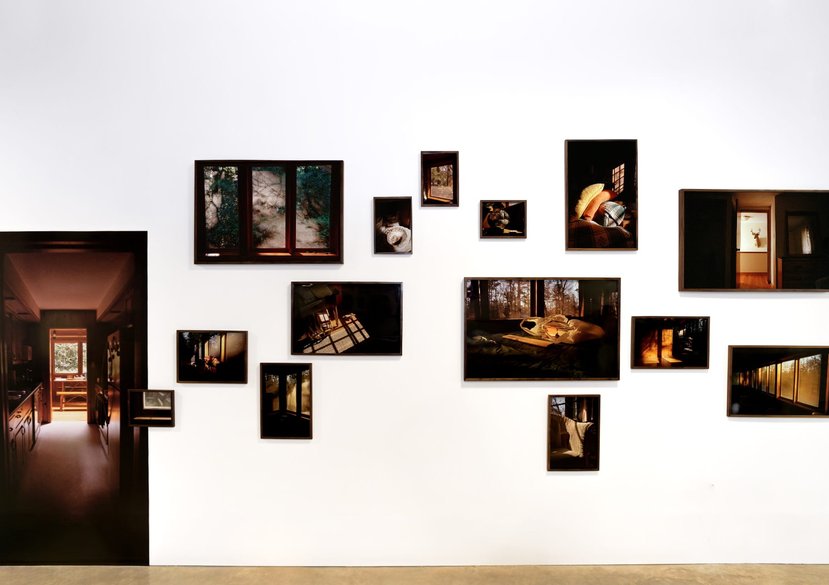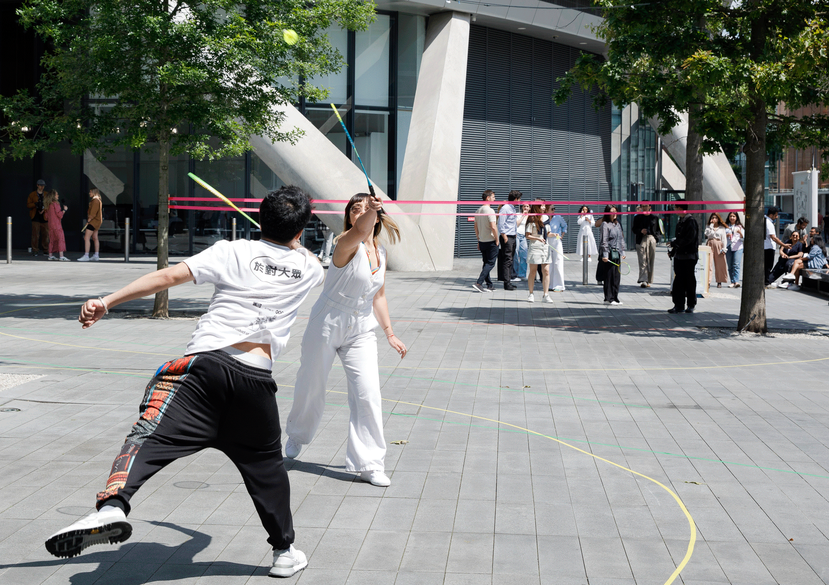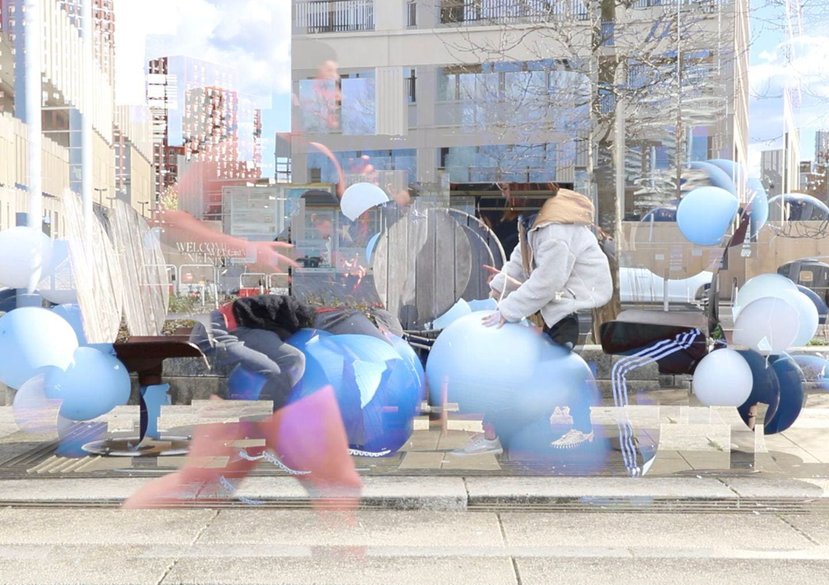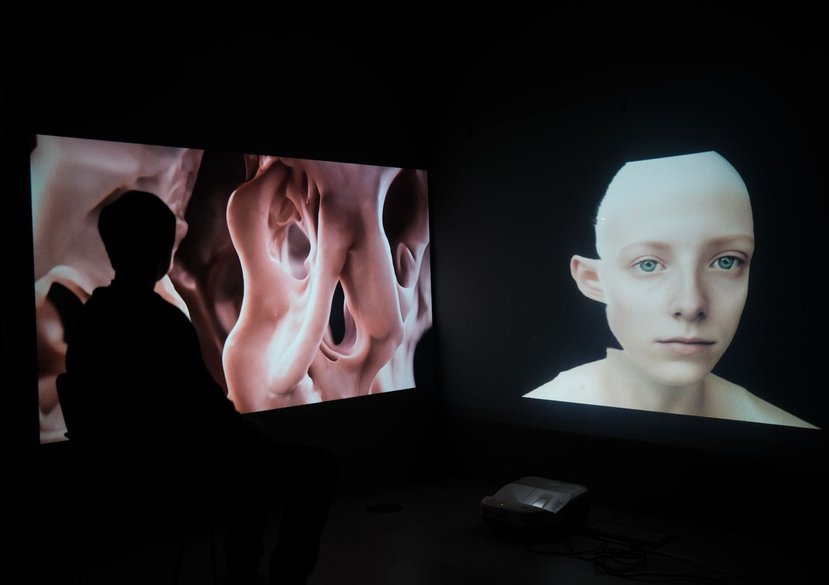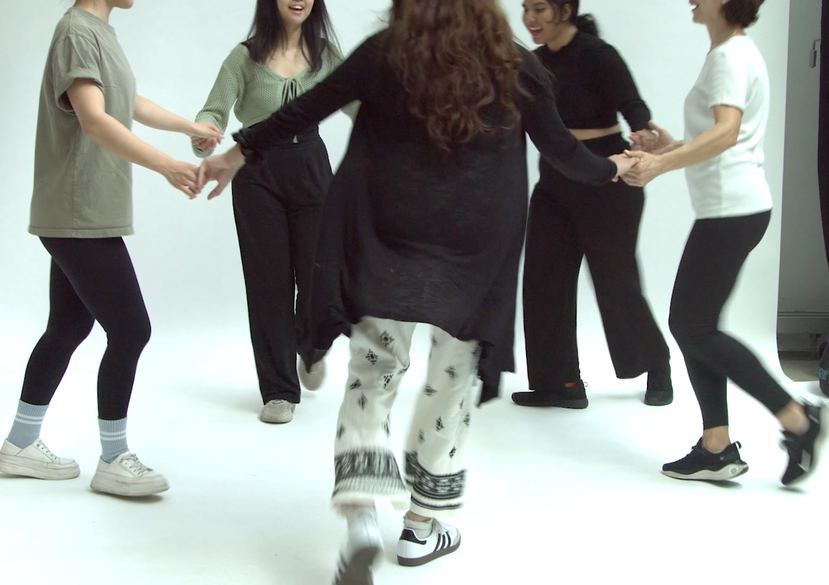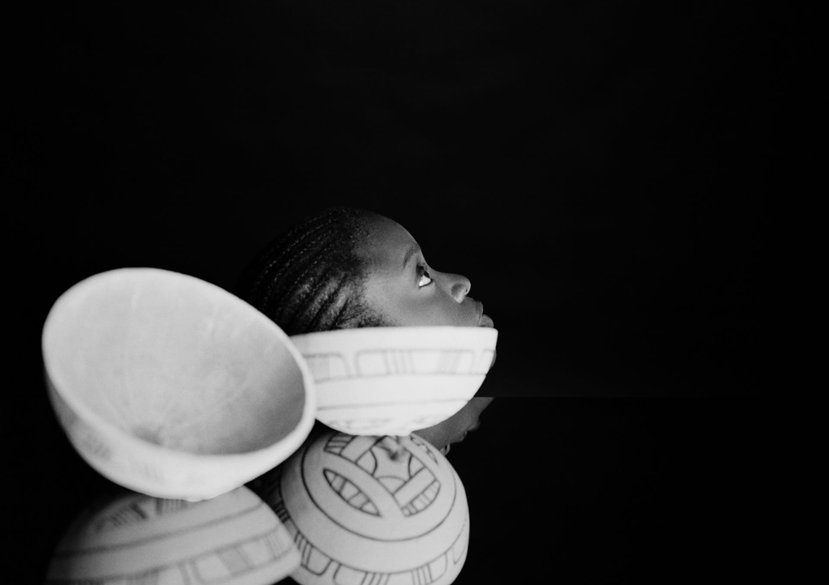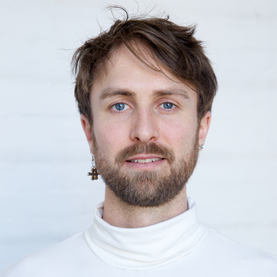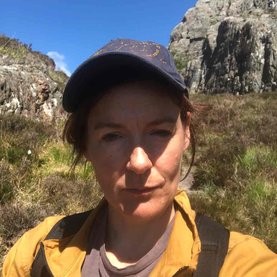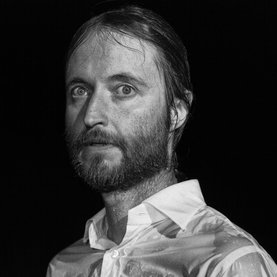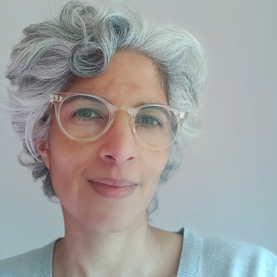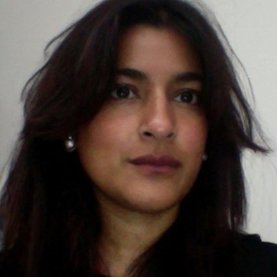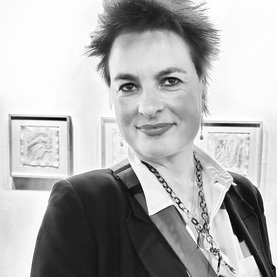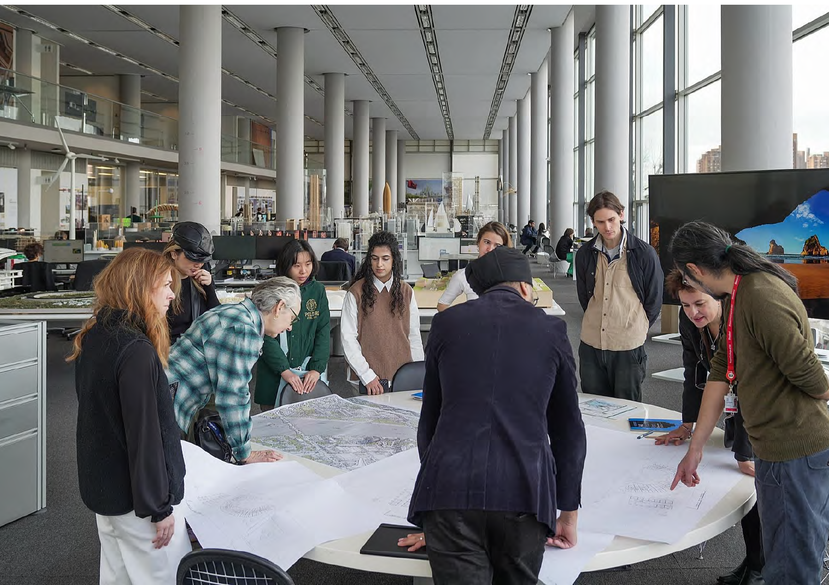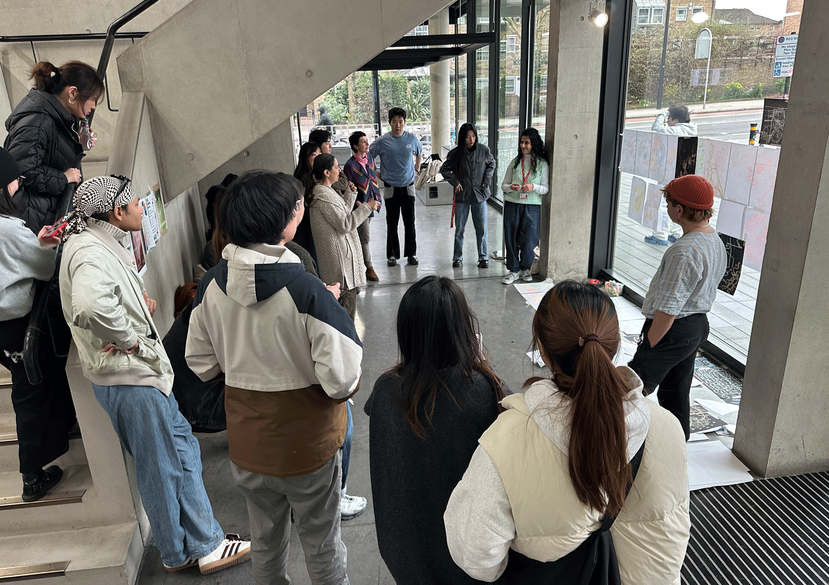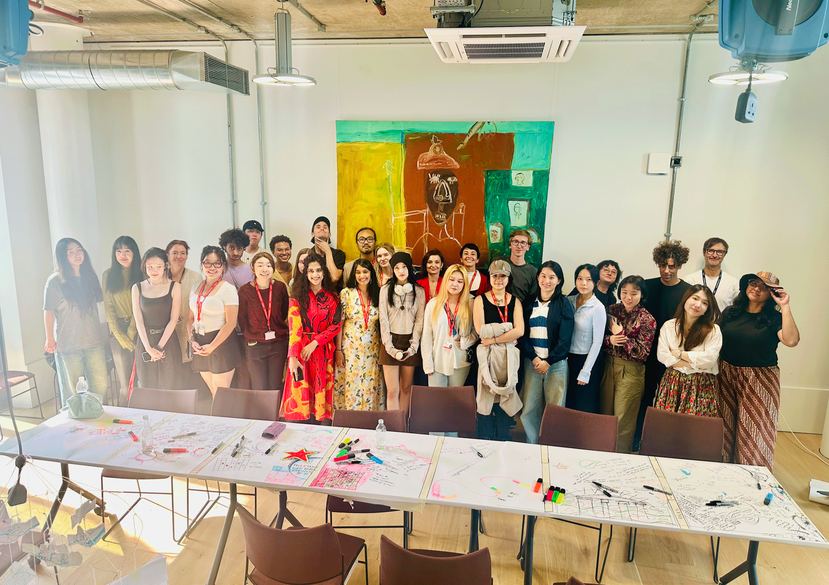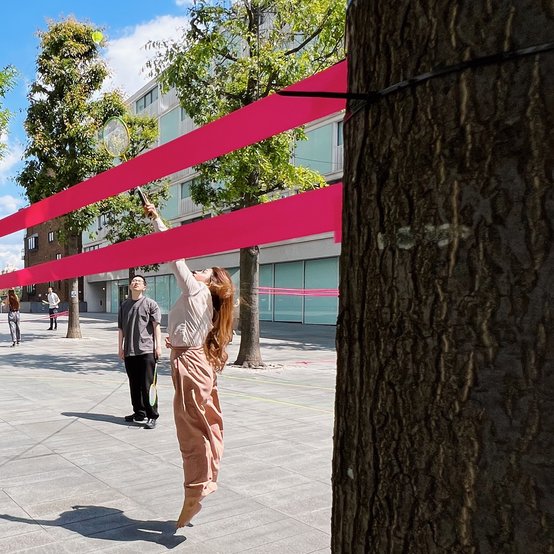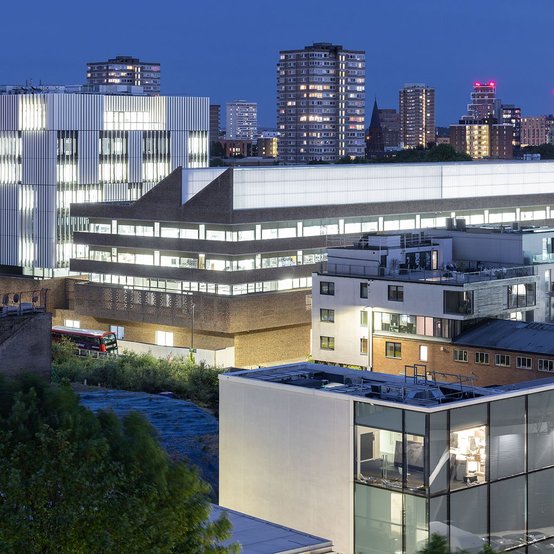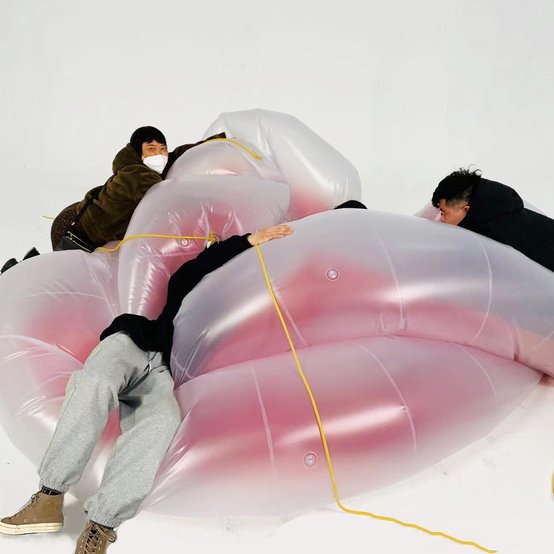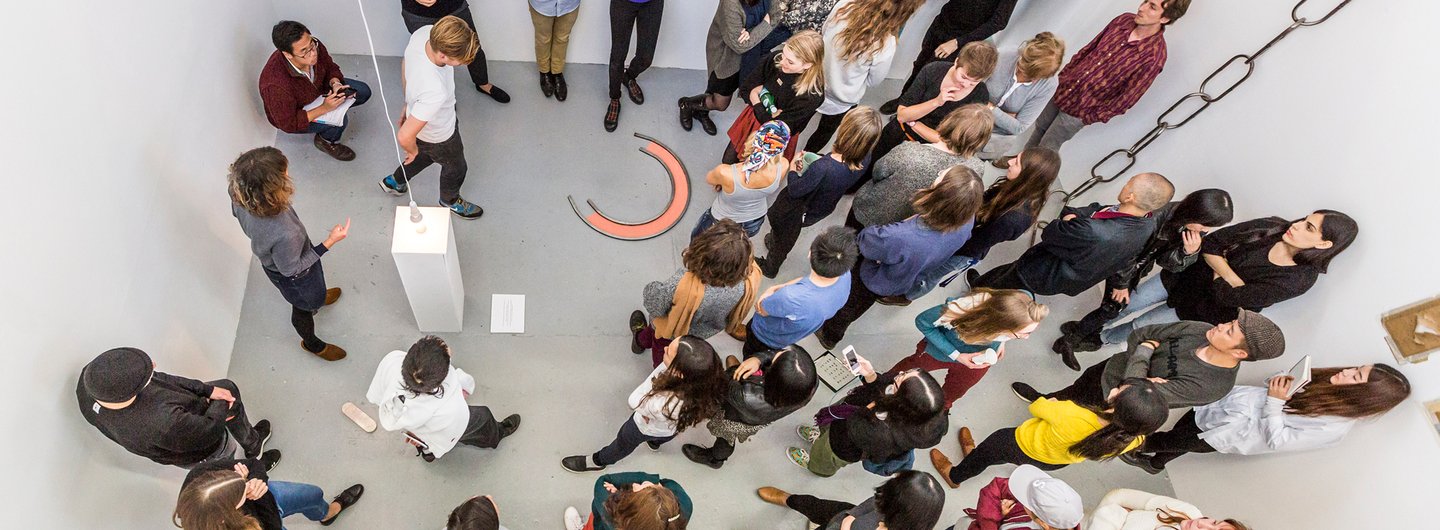
Overview
A multi-disciplinary community
Key details
- 180 credits
- 1 (FT) / 2 (PT) year programme
- Full-time or part-time study
School or Centre
Current location
- Battersea
Next open event
- 6 May 2025
- Join next Online Q&A Week
Round 2 application deadline
- 30 Jun 2025
Expand the potential of your arts and humanities practice.
MFA Arts & Humanities video transcript.
- Benefit from research-led teaching and choose from a set of varied electives to deepen your artistic research and practice
- Work on a live project with external partners, towards real-world connections for the future
- Collaborate with fellow creative practitioners from a wide range of subject areas across the arts and humanities
Ready to deepen, reset or activate your existing creative practice across a global network? In this Royal College of Art MFA Arts & Humanities, you could be looking at health and care, spatial practices, experimental arts or AI and digital or affective infrastructures. Whatever the theme, you’ll be considering how to address future challenges.
Your live project is an opportunity to engage with the public through an external partner like a hospital trust or local council. Past projects have included everything from running a songwriting camp with patients to bringing a stretch of riverside alive with performances and podcasts, supporting you to bring the Arts and Humanities into contact with diverse people and places.
Share ideas and build connections
Experience the collaborative nature of the MFA Arts & Humanities as you work alongside writers, filmmakers, performers, artists and curators. Expand your thinking through external speakers from a range of backgrounds, such as contemporary artists, filmmakers, architects, authors, historians, curators, economists, and performers.
Our programme will help you to situate and adjust your practice through a deeper understanding of the conditions shaping it, and help you build a global community for the future.
The Arts & Humanities MFA can be studied as a full-time or a part-time programme.
Catch the replays from our latest online Open Day.
Gallery
Staff
Facilities
MFA students will have access to a shared, multifunctional communal space for meeting, learning, dialogue, display and broadcast, as well as making.
View all College-wide facilitiesYou will also have access to College-wide workshops on an individually planned and negotiated basis. Please note, this programme isn’t for those who want to try out a range of bespoke technical resources.
What you'll study
Flexibility and choice are at the heart of the offer, with a combination of Core and Elective units enabling you to create a bespoke programme of studies that best suits your approach, context and interests.
What you'll cover
Programme structure: full-time
Term 1
Conditions (15 credits)
Positions (15 credits)
School Elective 1 (15 credits)
College-wide Elective 1 (15 credits)
Term 2
Live (30 credits)
School Elective 2 (15 credits)
College-wide Elective 2 (15 credits)
Term 3
Research Project (60 credits)
See below for a description of all core and elective units.
The RCA MFA is a Level 7 UK qualification. Please ensure you read the curriculum carefully as the level and content of an MFA qualification does vary. The RCA MFA does not include formal training to teach.
This programme is delivered over 45 weeks.
Programme structure: part-time
Term 1
Conditions (15 credits)
School Elective 1 (15 credits)
Term 2
Positions (15 credits)
School Elective (15 credits)
Term 3
Live (30 credits)
Term 4
College-wide Elective (15 credits)
Term 5
College-wide Elective (15 credits)
Terms 4, 5 & 6
Research Project 4, 5, 6 (60 credits)
The RCA MFA is a Level 7 UK qualification. Please ensure you read the curriculum carefully as the level and content of an MFA qualification does vary. The RCA MFA does not include formal training to teach.
This programme is delivered over 90 weeks.
Core units
Conditions (15 Credits)
The Conditions unit seeks to redress the dominant orthodoxies and canons of western art to reveal the power dynamics and biases inherent within them, and to critically reconsider the role of the arts and humanities now and in the future. The unit draws on awareness of different perspectives across various global consciousnesses and then considers how local action might have value in addressing the world’s current challenges. A priority is to ask how we might deconstruct patriarchal structures and systemic racism through art practices? You will present your work to others, form groups of shared interest and select the elective units.
Positions (15 credits)
The Positions unit asks you to explore the professional, academic and cultural position that you see your work operating within. The unit will explore artist-run initiatives, institutional residencies and the commercial arts sector, asking you to formulate a critical position and plan for developing a sustainable practice after graduation. You will consider what attributes will equip you to be successful in your chosen professional arena.
Live (30 credits)
The LIVE unit is an opportunity to work in response to a live, external context. You will either work with one of the MFA Programme’s external partners, or develop a self-initiated external group project. The unit invites you to work in collectives to propose, devise and realise a project that explores modes for activating your work in public and engaging audiences. Key words such as encounter, participation and process will be explored in detail where you consider what these terms mean to your developing research and practice.
Research Project (60 credits)
The 60-credit Research Project is an opportunity to build a body of work that addresses the key ambitions of your research and practice. You will propose, develop and realise a project, taking control over all aspects including the potential to adapt the list of assessment evidence to suit your practice. You will draw on what you have learnt on the programme and devise a project which might be individual or collaborative. The work will engage a public audience via presentation in the form of a public exhibition, publication or event. The unit culminates in the MFA conference where you will present your practice and research. You will evidence your critical awareness of how your work is located in the professional realm, describe how your work engages with an area of knowledge, and show how your work addresses key social, political, environmental challenges.
Planning for continued practical and professional development after graduation is an important aspect of this unit. For those students wishing to extend their work at PhD level, an outline research proposal will be a component of the Research Project.
Electives
SoAH Electives (15 Credits per unit) (Terms 1 and 2)
A series of elective units within the School of Arts and Humanities will offer you the possibility of aligning your practice with one of the School’s areas of research excellence. The SoAH elective units, studied in sequential pairs, challenge you to locate your practice within a territory of research and consider how you might contribute to expanding the knowledge and research in that Area.
Cross-College Electives (15 Credits per unit) (Terms 1 and 2)
You will choose two College-wide Electives. These electives are devised by one of the other fours Schools within the RCA, as well as the MRes RCA (Master of Research) and MEd Creative Education (Master of Education).
These units will expand the community you are working alongside and challenge you to consider the potential for cross-disciplinary dialogue and practice to inform your developing research and practice identity.
College-wide Electives
Terms 1 & 4
Health and Care: Poetics of Care: to welcome, to love, to recover (15 credits, School of Arts & Humanities)
Sites and Situations – Spatial Feelings (15 credits, School of Arts & Humanities)
Art & the Urban (15 credits, School of Arts & Humanities)
Material Engagements (15 credits, School of Arts & Humanities)
Performing Practice (15 credits, School of Arts & Humanities)
Synthetic Encounters - Shapeshifting the Digital (15 credits, School of Arts & Humanities)
Housing and Social Reproduction (15 credits, School of Architecture)
Mobility and Debility (15 credits, School of Architecture)
Digital Storytelling (15 credits, School of Communication)
Design Ethics: Design for Good Practice (15 credits, School of Communication/School of Design)
Design Innovation: Models and Life Cycle (15 credits, School of Design)
Design Resilience: Future Forecasting (15 credits, School of Design)
Education for Change (15 credits, MEd Creative Education)
Term 2 & 5
Curatorial Practices: Curatorial Approaches (15 credits, School of Arts & Humanities)
Synthetic Encounters - Radical Matter: Coded Skins, Sticky Cohesions, Wild Science (15 credits, School of Arts & Humanities)
The Workshop (15 credits, School of Arts & Humanities)
Milieu Milieu Me (The Ecology) (15 credits, School of Architecture)
Capital’s Shadow (15 credits, School of Architecture)
Worldbuilding (15 credits, School of Communication)
Interventions (15 credits, School of Communication)
Design Ethics: Design for Responsible Behaviour (15 credits, School of Communication/School of Design)
Design Innovation: Venture Creation (15 credits, School of Design)
Design Resilience: Sustainability (15 credits, School of Design)
Introduction to Design-Led Robotics (15 credits, School of Design)
Making Pedagogies (15 credits, MEd Creative Education)
Requirements
What you need to know before you apply
Candidates are selected entirely on merit and applications are welcomed from all over the world, as well as from mid-career artists and career changers. The selection criteria will consider creativity, imagination and innovation as demonstrated in your portfolio or equivalent professional experience, as well as your potential to benefit from the programme and to achieve high MFA standards overall.
You will typically require one or more of the following:
- A level 6 qualification such as a Bachelor's degree or Graduate Diploma in a subject associated with the arts or humanities
- A level 7, MA, qualification
- An arts practice that evidences Master’s level engagement (evidenced via portfolio)
Given the interdisciplinary, outward-facing nature of the programme, alongside the ambition to expand the range of knowledges, approaches and positions that forge what contemporary arts and humanities might be, we also welcome applicants from a broad range of previous disciplines and backgrounds, beyond visual art.
What's needed from you
Portfolio requirements
Your application to the MFA Arts & Humanities will demonstrate your suitability to study within this interdisciplinary, outward looking programme. We ask you to submit a portfolio that highlights a high level of creative practice within, across or adjacent to the MFA Arts and Humanities remit.
Your portfolio should include material that allows you to share your creative practice with us. This may include images of artworks, documentation of a curated exhibition, performance, or public engagement, an excerpt of creative writing, or any other evidence of your activities that are relevant to your application to the MFA Arts and Humanities.
Each portfolio should include at the beginning a written statement that describes your creative practice(s) and its outcomes. You should identify your interests and approaches and articulate how you position your current activities in relation to wider areas of enquiry or knowledge. We would like to understand what motivates you to apply to the MFA Arts & Humanities. Reflect on your longer term ambitions to consider how you will contribute to processes of collaborative or collective working without access to an individual studio during the year. Expand upon the challenges you seek to address through your creative practice. Consider how you may engage with the research which takes place within the broader School of Arts and Humanities at the RCA and describe how this relates to your own practice.
Your statement should be in the region of 600 words. Your whole portfolio should be no more than 10 pages long, with text no smaller than 11pt. If you are including an excerpt of creative writing to demonstrate your practice, please contextualise it and ensure this does not exceed a further 1,000 words in addition to your statement.
Include clear captions for images and other media. Provide titles, medium and dimensions if appropriate. Also include information about the site or context of what you are sharing with us if this is relevant. If you were not the solo author or creator please be clear about your role or contribution. Please do not include more than five images per page. For time-based work (audio / video / web-based) please provide a two-minute edit or identify a section of up to two-minutes for us to examine.
In the personal statement section of the application portal, can you please add the following sentence: "Please see my personal statement in the portfolio section".
Video requirements
You must submit a video of no more than two minutes as part of the application process.
In this video, we want to hear why you want to study MFA Arts & Humanities at the RCA. We encourage you to use this opportunity to situate your practice within the social, political and economic conditions of the contemporary world; identifying what art can contribute to ongoing material, critical, technological, and philosophical debates.
Discourse is a key aspect of twenty-first-century art production and we expect students to be involved in navigating the relationship of art and the function of art's discourse for art's reception. In this two-minute video, please respond to the above statements and elaborate on the questions previously asked about your work and practice as documented in your portfolio.
English-language requirements
If you are not a national of a majority English-speaking country you will need the equivalent of an IELTS Academic or UKVI score of 6.5 with a 6.0 in the Test of Written English (TWE) and at least 5.5 in other skills. Students achieving a grade of at least 6.0, with a grade of 5.5 in the Test of Written English, may be eligible to take the College’s English for Academic Purposes course to enable them to reach the required standard.
You are exempt from this requirement if you have received a 2.1 degree or above from a university in a majority English-speaking nation within the last five years.
If you need a Student Visa to study at the RCA, you will also need to meet the Home Office’s minimum requirements for entry clearance.
Fees & funding
For this programme
Fees
Fees for September 2025 entry on this programme are outlined below. From 2021 onward, EU students are classified as Overseas for tuition fee purposes.
Home
Overseas and EU
Deposit
New entrants to the College will be required to pay a non-refundable deposit in order to secure their place. This will be offset against the tuition fees for the first year of study.
Home
Overseas and EU
Progression discounts
For students progressing to an MArch, MFA, MDes, MRes or MEd from an MA or MA/MSc, a progression fee discount of £2,000 is available (£1,000 per year for part-time study).
* Total cost is based on the assumption that the programme is completed in the timeframe stated in the programme details. Additional study time may incur additional charges.
Scholarships
Scholarships
The RCA scholarship programme is growing, with hundreds of financial awards planned for the 2025/6 academic year.
For more information and examples of financial awards offered in 2024/25, visit the Scholarships & awards webpage.
You must hold an offer to study on an RCA programme in order to make a scholarship application in Spring 2025. A selection of RCA merit scholarships will also be awarded with programme offers.
We strongly recommend that you apply for your programme as early as possible to stand the best chance of receiving a scholarship. You do not apply directly for individual awards; instead, you will be invited to apply once you have received an offer.
More information
Additonal fees
In addition to your programme fees, please be aware that you may incur other additional costs associated with your study during your time at RCA. Additional costs can include purchases and services (without limitation): costs related to the purchase of books, paints, textiles, wood, metal, plastics and/or other materials in connection with your programme, services related to the use of printing and photocopying, lasercutting, 3D printing and CNC. Costs related to attending compulsory field trips, joining student and sport societies, and your Convocation (graduation) ceremony.
If you wish to find out more about what type of additional costs you may incur while studying on your programme, please contact the Head of your Programme to discuss or ask at an online or in person Open Day.
We provide the RCASHOP online, and at our Kensington and Battersea Campuses – this is open to students and staff of the Royal College of Art only to provide paid for materials to support your studies.
We also provide support to our students who require financial assistance whilst studying, including a dedicated Materials Fund.
External funding
There are many funding sources, with some students securing scholarships and others saving money from working. It is impossible to list all the potential funding sources; however, the following information could be useful.
Start your application
Change your life and be here in 2025. Applications now open.
The Royal College of Art welcomes applicants from all over the world.
Before you begin
Make sure you've read and understood the entrance requirements and key dates.
More information about eligibility and key datesCheck you have all the information you need to apply. Choose the programme you want to apply to and review programme-specific entrance and portfolio requirements on the programme page.
Read our application process guideConsider attending an Open Day, or one of our portfolio or application advice sessions.
See upcoming sessionsPlease note, all applications must be submitted by 12 noon on the given deadline.
Ask a question
Get in touch if you’d like to find out more or have any questions.

